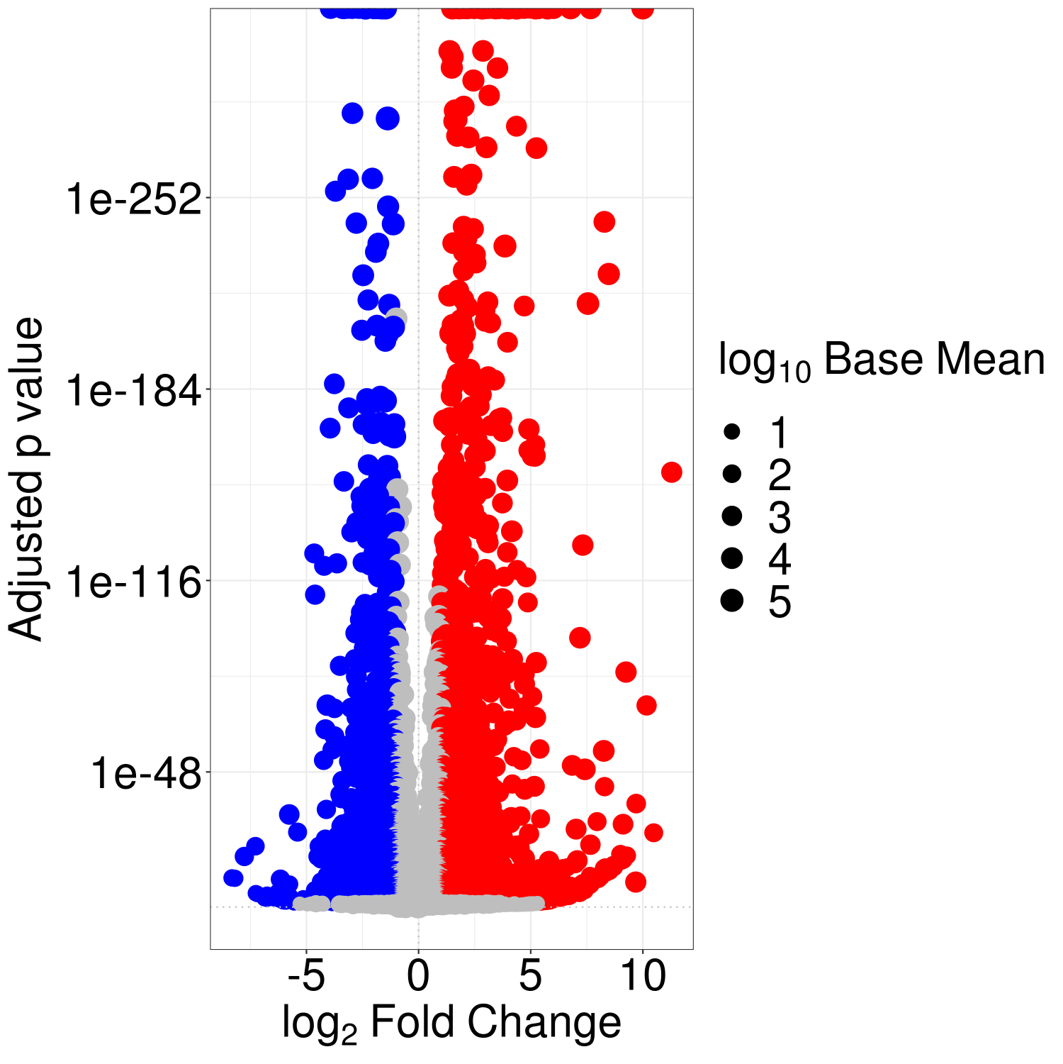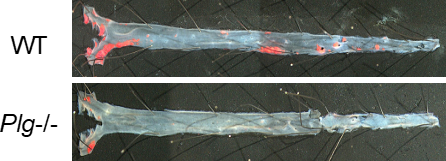Research Projects

Lipoprotein (Dys)function in ASCVD
Low-density lipoproteins (LDL) are causal for ASCVD and the primary therapeutic target to reduce cardiovascular events. We study the underlying mechanisms which confer these properties, specifically , related to atherosclerosis-associated inflammation.
We study the transport and delivery of microbial sRNAs to lesion macrophages and their activation of toll-like receptors. On the contrary, high-density lipoproteins (HDL) have many beneficial functions that likely antagonize atherogenesis; however, HDL lose these functions in certain diseases, including ASCVD. The Vickers Lab seeks to discover new gene regulatory functions and receptors of HDL in patients with ASCVD, based on the study of their extracellular sRNA cargo.
The premise of this study is that HDL not only loses its beneficial properties during ASCVD, but gains pro-inflammatory modifications to their sRNA cargo. We investigate how specific post-transcriptional modifications on HDL-sRNAs are recognized by toll-like receptors and regulate gene expression and lesion macrophage sub-phenotypes. To test these hypotheses, HDL-sRNA levels and their post-transcriptional RNA modifications are quantified using AlkB-mediated RNA (de)Methylase sequencing and LC-MS/MS, respectively. Recently, we identified novel candidate tRNA-derived fragments on HDL harboring pro-inflammatory post-transcriptional modifications.
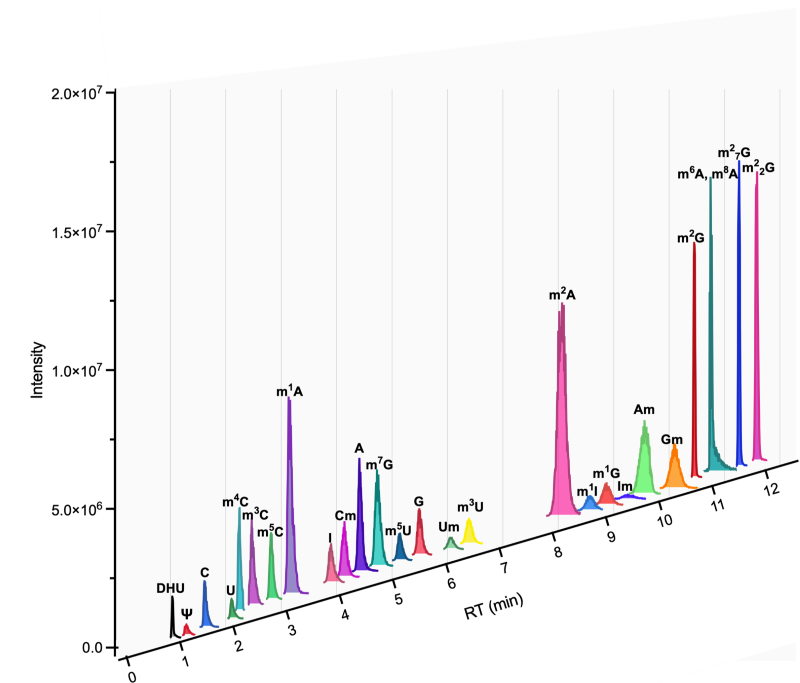
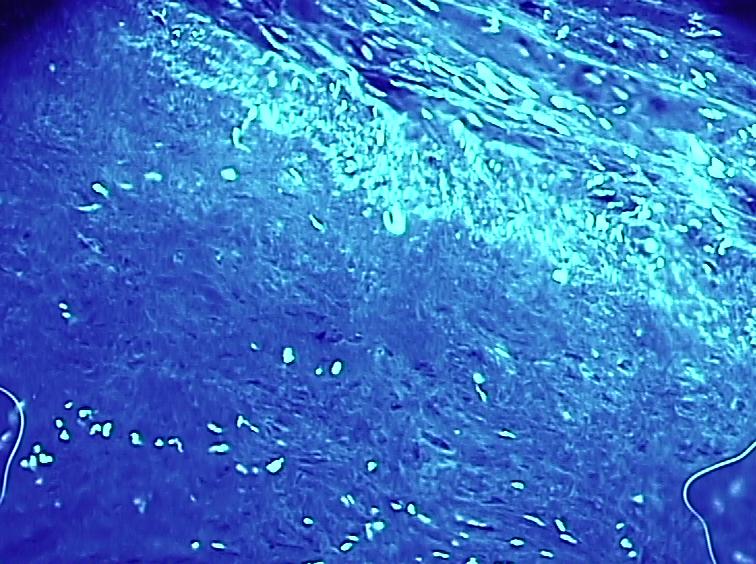
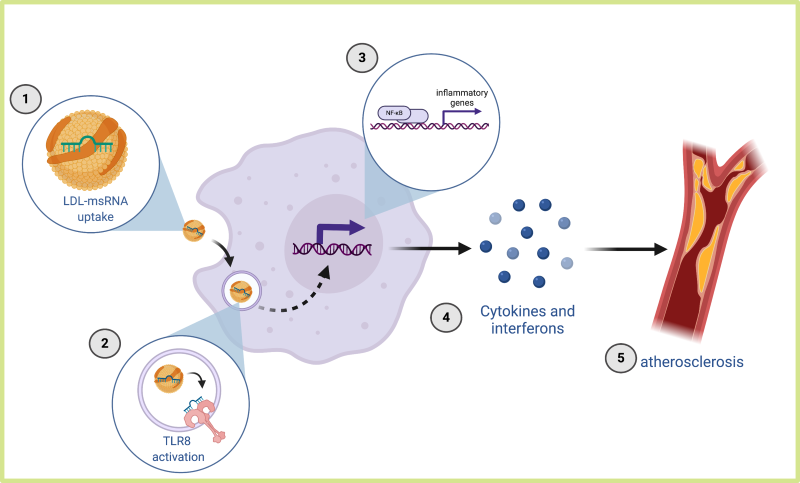
Functional role(s) of Nanoparticles (Supermeres) in ASCVD and Colorectal Cancer (CRC)
Supermeres are a new multi-protein complex in plasma that are secreted from CRC cells and immune cells, e.g., macrophages. These novel nanoparticles are highly enriched with extracellular sRNA and lack cholesterol and phospholipids. Supermeres strongly activate macrophages and may provide a molecular link between CRC and ASCVD. Supermeres transport many unique proteins, including metabolic enzymes and RNA binding proteins not commonly detected in plasma.
We aim to determine if supermeres are pro-atherogenic nanoparticles through driving inflammatory processes in the lesion. We posit that targeting supermeres immunogenicity and its receptors are viable strategies to reduce risk of cardiovascular disease, particularly in CRC patients.
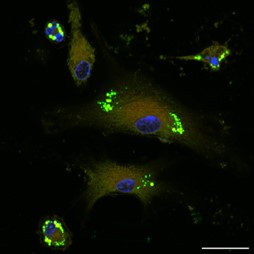
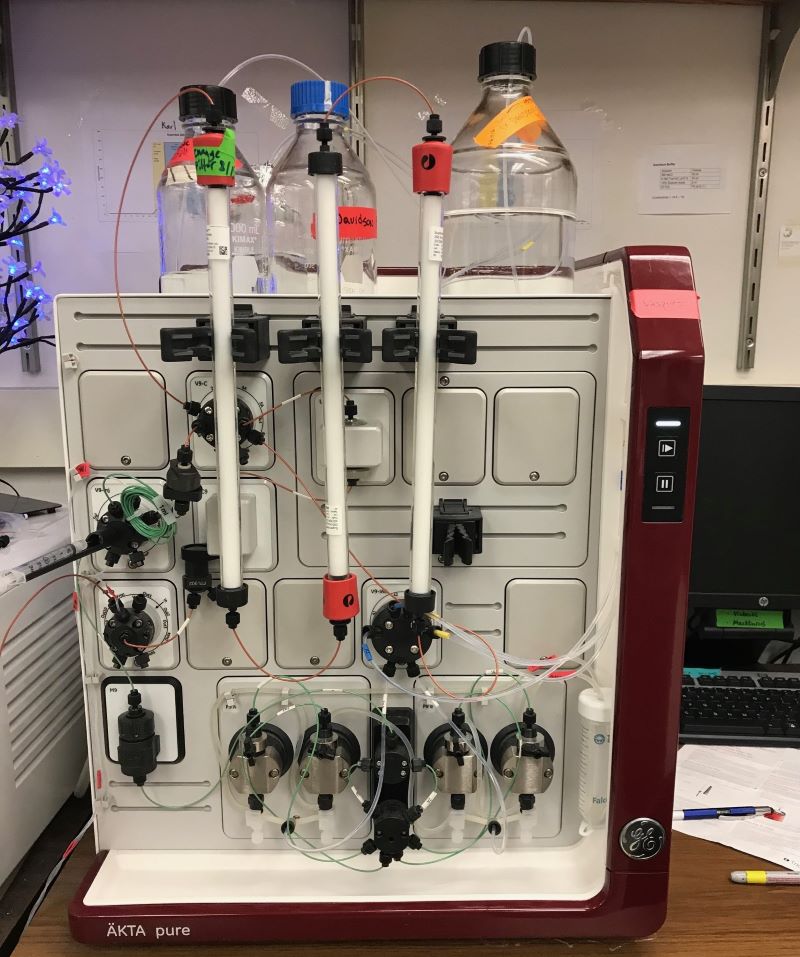
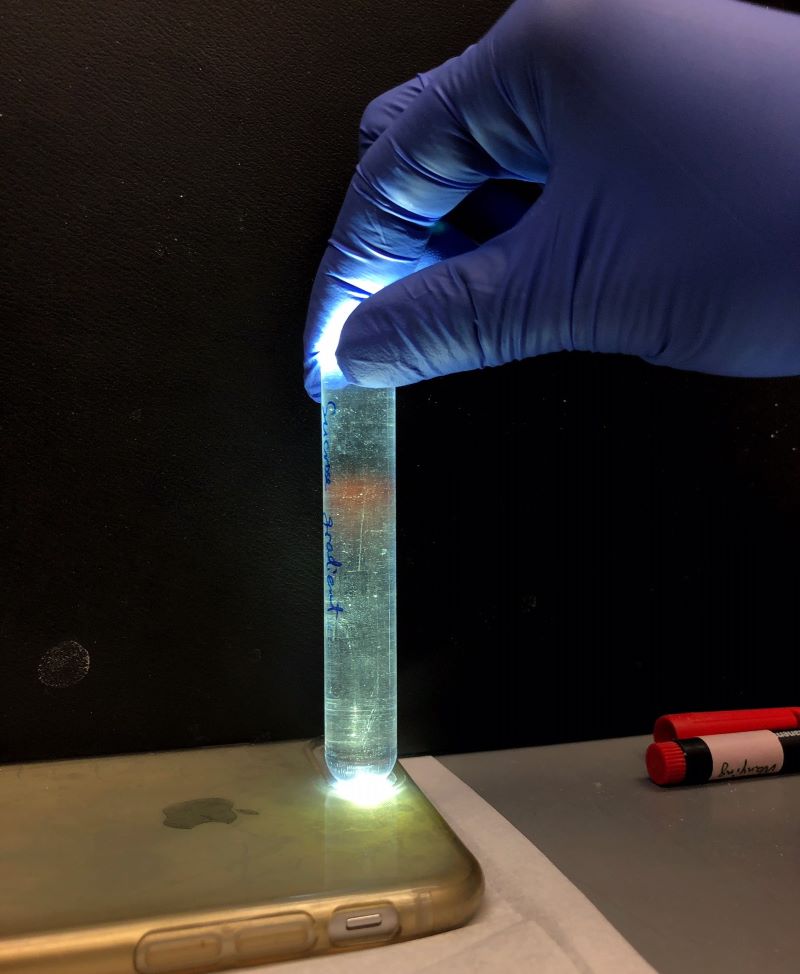
Alternative Functions of Plasminogen in ASCVD and Inflammation
Plasminogen is a multi-functional protein that transports lipids and small non-coding RNAs. Plasminogen can transfer small RNAs to macrophages and regulate gene expression and immune cell phenotypes.
We aim to gain a fundamental understanding of this novel process, and its relationship to systemic cholesterol metabolism and inflammation, to advance extracellular RNA and hematology research.
